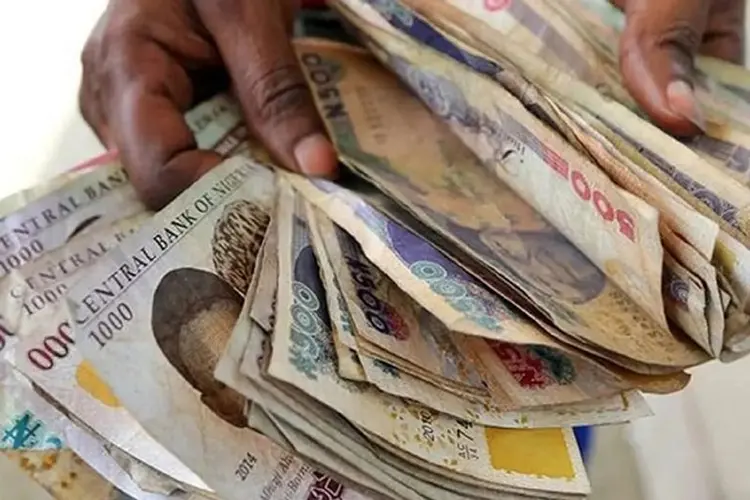The Senator representing Edo North, Adams Oshiomhole, has laid blame for the naira’s sharp decline at the feet of the Buhari administration, pointing to what he described as reckless monetary practices by the Central Bank of Nigeria (CBN) under the guise of the ways and means provision.
Speaking at the Progressives Governors Forum meeting in Benin City on Saturday, the former Edo State governor said, “We are coming from a country that was almost like Zimbabwe or Idi Amin’s Uganda where he asked the Central Bank governor, ‘go and print more money for us to share to the people’. And the governor said, ‘if we print more money, Uganda currency will be like a sheet of paper’.”
Oshiomhole likened the Nigerian situation to that of Uganda’s infamous economic collapse, noting that the Buhari-era CBN followed a similar path.
He said, “This is what the immediate past CBN governor was doing. In the Senate, we have the record that they printed over ₦31 trillion, which they called ways and means.”
The ways and means provision in Nigerian fiscal policy allows the government to borrow directly from the CBN to cover shortfalls in expected revenue. However, Oshiomhole criticized how it was applied, saying: “They called it ways and means, but I can tell you what it means: it means a situation in which the government prints banknotes, not based on what we have earned or any resources, just print banknotes to go and share to the people to meet their money illusion.”
What led to collapse of naira
According to him, this unchecked printing of money had devastating consequences. “It is the result of that excessive printing of banknotes that led to the collapse of the naira,” he said.
He also stressed that understanding today’s inflation and exchange rate crisis requires looking back at the previous administration’s monetary habits. “To understand the root cause of the present cost of living and the exchange rate regime, you must trace it and locate it in terms of the excessive amount of banknotes through so-called ways and means, the past government created, and which this government has eliminated,” Oshiomhole added.
He lamented Nigeria’s past borrowing habits, saying the country was “borrowing every day the way fish drink water”, and argued that President Bola Tinubu is now saddled with the burden of repaying those loans to protect the nation’s financial independence.
In 2024, the Senate launched an investigation into the Ways and Means facility and the CBN’s Anchor Borrowers Programme as part of efforts to unravel the legacy of fiscal decisions that many believe severely weakened the economy.



